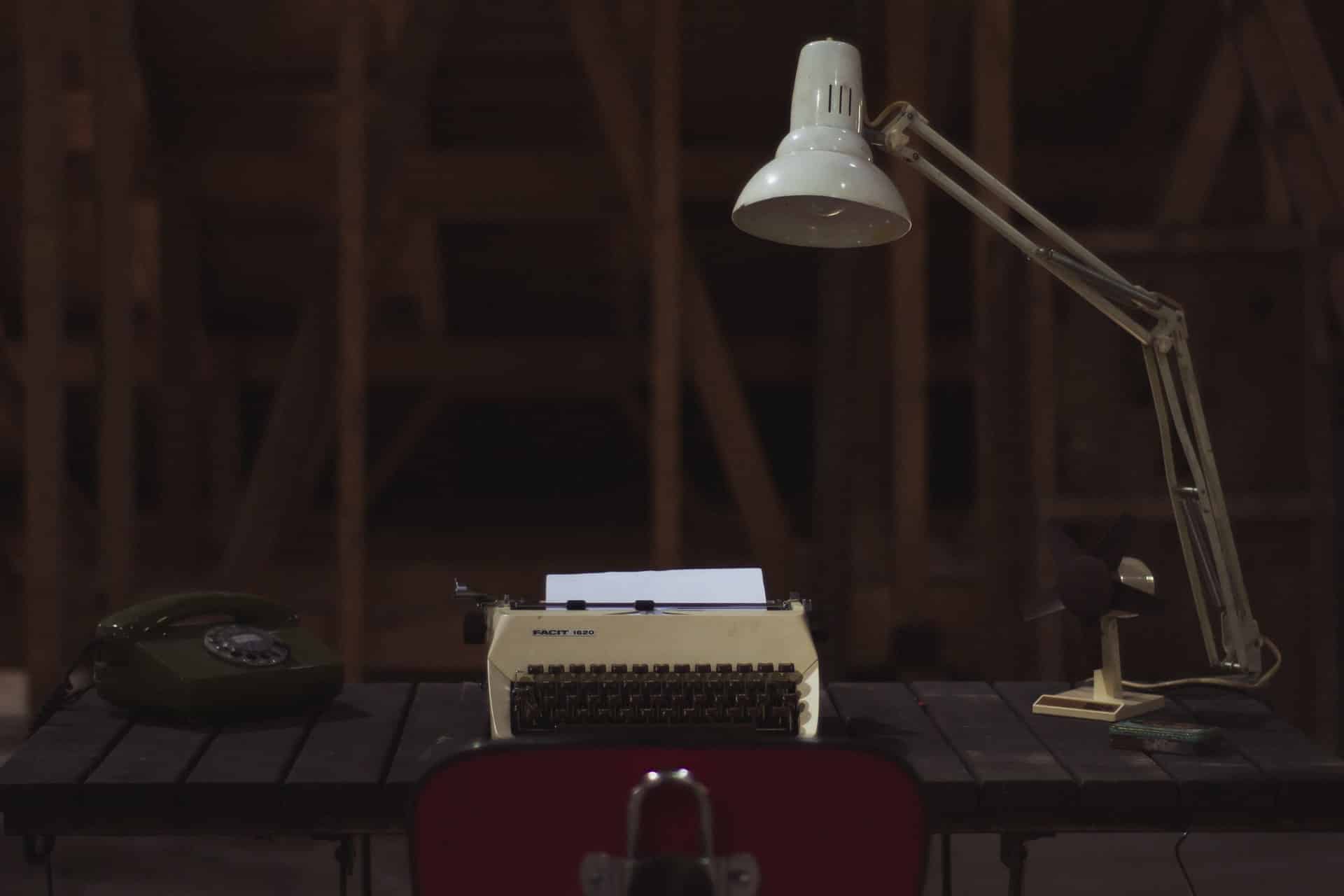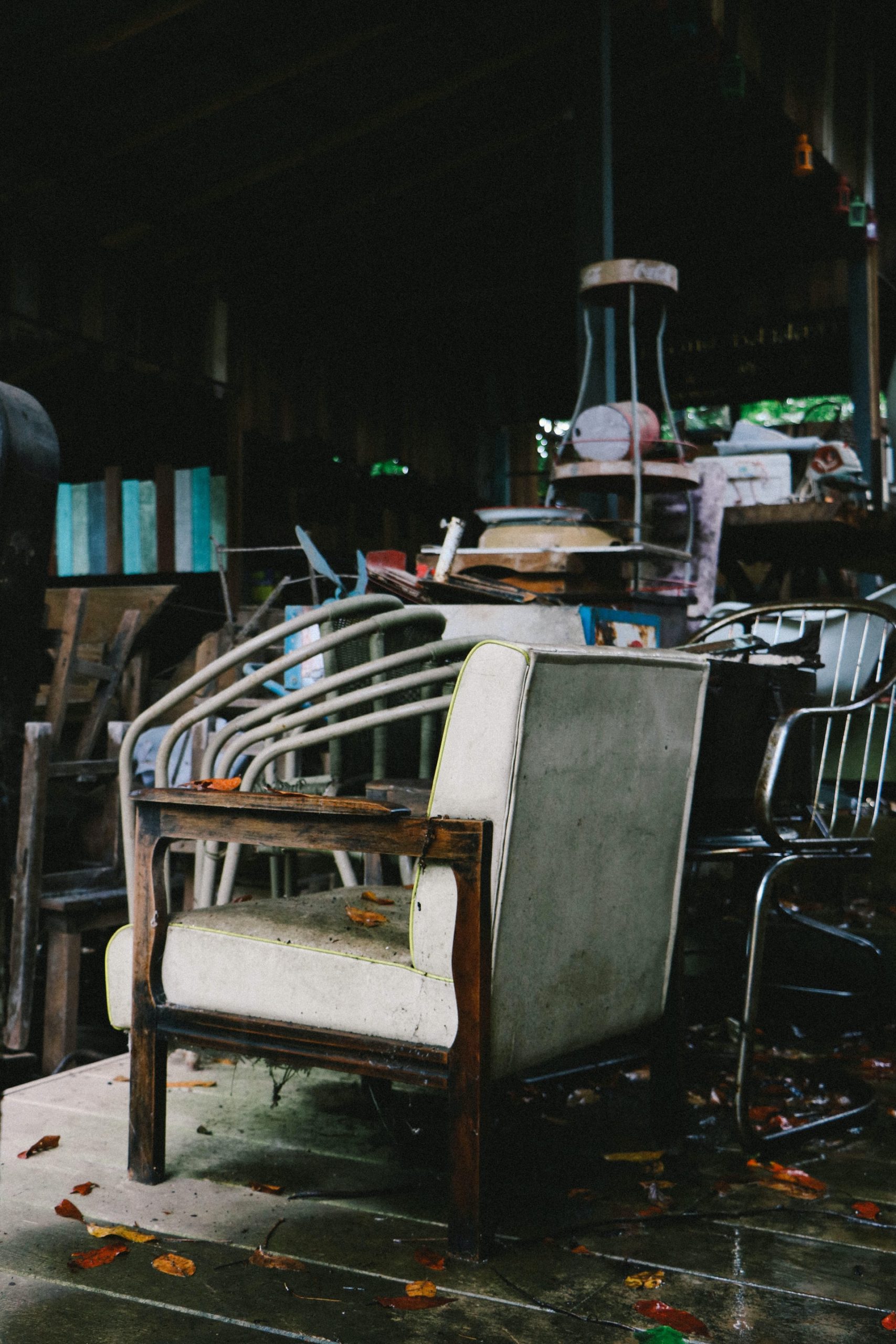If you’ve turned your temporary work-from-home measures into permanent remote policies, it’s time to do something about your corporate real estate. You don’t need as much space or equipment now that your staff logs on from their homes.
This location change has a direct impact on your finances, freeing you from a costly corporate lease. But there’s a hidden downside to this change of pace. As office vacancy rates soar following the pandemic, there’s potential that more f-waste will clog global waste streams.
IMAGE: UNSPLASH
What Is F-Waste?
F-waste, or furniture waste, represents any chair, desk, cubicle, or corporate fixture that you send to the landfill after vacating your old office. According to the EPA, nearly 10 million tons of it gets sent to the landfill annually.
How is this number reached each year? The average corporate relocation or revitalization sends about 80 percent of its assets to landfill when using traditional liquidation methods.
Liquidation And F-Waste Facts
Liquidation comes with the following negative impact on the environment:
- Wastes perfectly functional equipment
- Increases carbon emissions from disposal methods
- Adds pressure on the manufacturing process to replace discarded items
- Traps recyclable materials in landfills
- Pollutes the earth — the average office furniture is comprised of toxic chemicals and glues that are harmful to the environment
F-Waste Is Bad For Your Budget
F-waste is bad news if you’re trying to set new sustainability targets. But from a purely financial point of view, it’s also a bad investment. Landfill tipping fees are a costly tax that keeps rising each year.
How Can You Handle F-Waste More Responsibly?
Look to the circular economy for your answers. This economic concept tries to keep materials in use for as long as possible. The circular economy repositions your used office furniture as something that can be resold, reused, or recycled rather than an expired commodity destined for the trash.
A Sustainable Way To Decommission Your Office Inventory
If you aren’t sure how much value is in an office worth of furniture, check in with a sustainable decommission firm that uses the circular economy as a template. They can help you sell a portion of inventory to generate revenue for your move, then donate and recycle the remaining items.
If you donate office furniture, you can turn waste into donations that help non-profits operate on tight budgets. Your donation means they won’t have to invest their limited budget in new equipment. Instead, they can focus on what they do best, using all their programming dollars to deliver their services to the community.
Those items that don’t have a place in these businesses or non-profits will get strategically recycled, releasing valuable materials from the waste streams and back into the manufacturing cycle.
It’s Time To Change How You Think About F-Waste
The old chair or desk you don’t need may not have a place in your office anymore, but it doesn’t belong in the garbage either. It can lead a longer, perfectly serviceable life with other businesses, non-profits, and charitable organizations.
Take the time to find a sustainable firm that takes its cues from the circular economy. It improves upon an old-fashioned and wasteful disposal method.
If you are interested in even more business-related articles and information from us here at Bit Rebels, then we have a lot to choose from.


COMMENTS